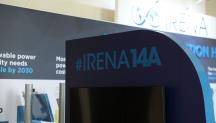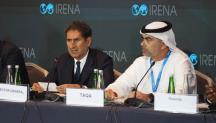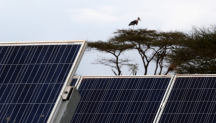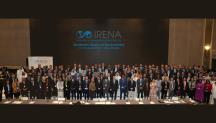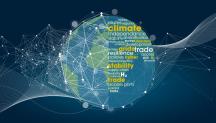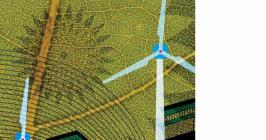
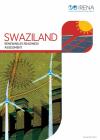
Renewables Readiness Assessment: Swaziland
Newsletter
A Renewables Readiness Assessment (RRA) identifies the actions needed to overcome a country’s barriers to renewable energy deployment, with the International Renewable Energy Agency (IRENA) providing technical support and expertise to facilitate consultations among different national stakeholders. While the process helps to shape appropriate policy and regulatory choices, each country determines which renewable energy sources and technologies are relevant and consistent with national priorities.
Swaziland’s electricity import tariffs have doubled from 2009 to 2012, with the trend set to continue, resulting in rising end-user tariffs. This has made renewable energy, produced from abundant indigenous resources, increasingly competitive. Bagasse co-generation from the sugar industry could meet about half the country’s electricity demand sustainably. Falling technology costs have made solar photovoltaic (PV) power increasingly competitive.
With more renewable energy projects, Swaziland could use its existing interconnections with Mozambique and South Africa to supply excess power to the Southern African Power Pool (SAPP) day-ahead market. Heightened flexibility through cross-border electricity trade is envisioned in the African Clean Energy Corridor initiative being facilitated by IRENA.
More about the Africa Clean Energy Corridor:
- Powering change (English; Français; عربي)
- A regional approach to cutting emissions
- Analysis of Infrastructure
